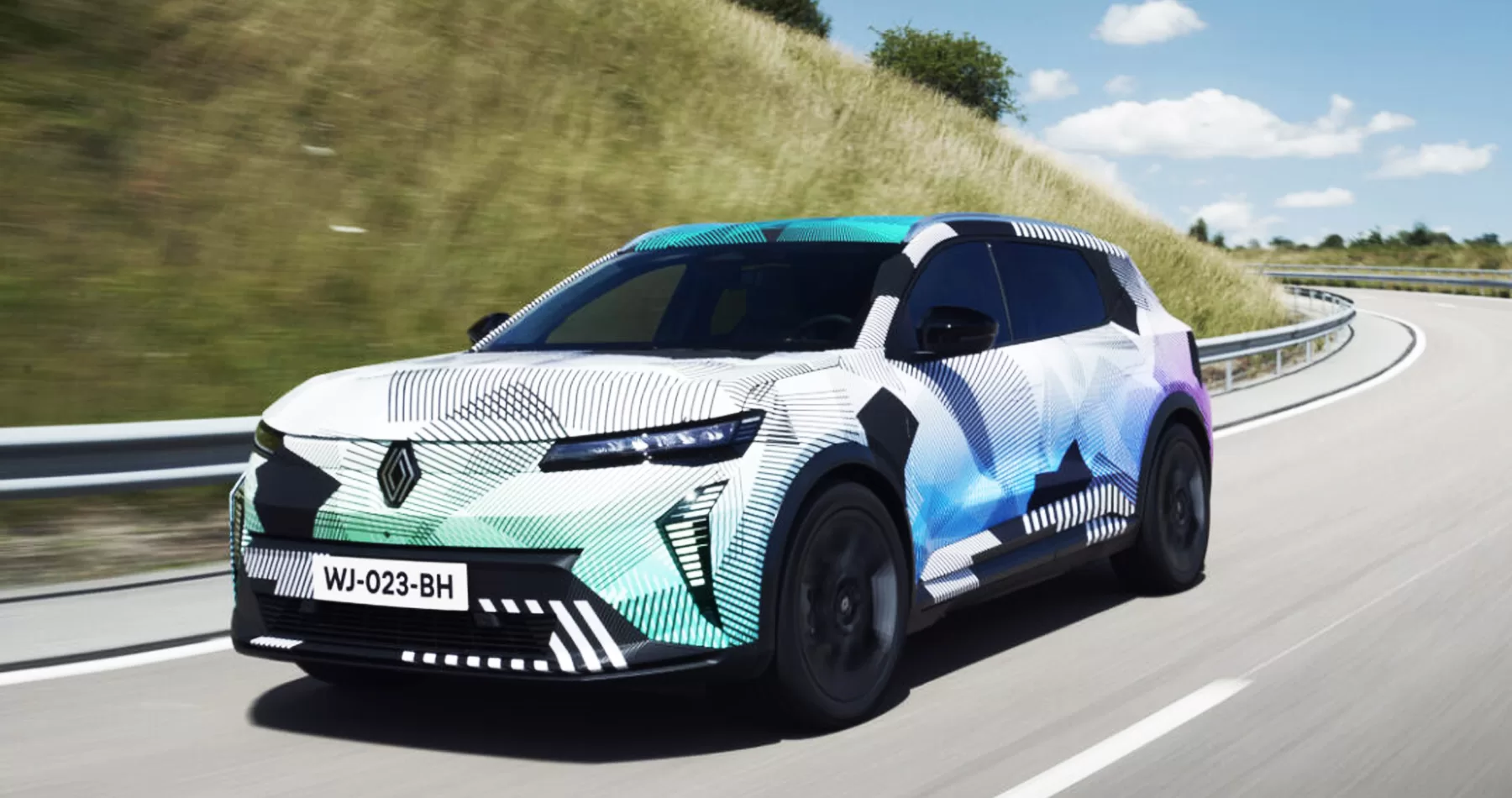Introduction:
Renault, a French automaker, has been a household name on Indian roads for more than 15 years. Renault has yet to establish itself as a major force in the Indian automotive market, despite models such as the Renault Kwid and Duster carving a niche for the brand. However, exciting changes are on the way as Renault prepares to launch powerful hybrid vehicles in India, signaling a significant shift in strategy.
Renault’s Current Lineup:
Renault’s Indian lineup currently consists of the Kwid 1.0, Triber, and Kiger. While these models have received a lot of attention and popularity, there is still room for expansion and diversification. Renault’s decision to abandon diesel engines is notable, as it aligns with the changing automotive landscape and environmental concerns.
Renault to Introduce Hybrid Cars in India
Renault’s Upcoming Electric Ventures:
Initially, there were hints of Renault’s foray into the Indian electric vehicle (EV) market. Reports suggested the launch of an EV in India within the next 12 to 24 months. However, recent developments indicate a change in focus towards powerful hybrid vehicles instead.
Renault’s Multi-Powertrain Approach:
Renault’s strategic approach revolves around offering a diverse range of powertrains to cater to varying consumer needs. The brand has opted to phase out diesel engines entirely. Contrary to introducing CNG powertrains, Renault is set to expand its portfolio with strong hybrids and plug-in hybrid cars.
Renault’s India Managing Director, Venkatram Mamillapally, has confirmed that the company is moving ahead with its plans to introduce powerful hybrid and plug-in hybrid vehicles in the Indian market.
Why Powerful Hybrid Cars?
Powerful hybrid cars are gaining traction in India primarily due to their impressive fuel efficiency. Maruti Suzuki, Toyota, and Honda have already made strides in this segment, with reports indicating sales of 60,000 units of powerful hybrid models, capturing 1.6 percent of the total market share.
Renault’s Future Offerings:
Renault plans to launch its first electric vehicle in India between 2024 and 2025. Along with EVs, the automaker is developing an engine that runs on E100 fuel to appeal to environmentally conscious customers.
Renault also intends to introduce plug-in hybrid vehicles, a technology known for its efficiency and environmental benefits. While plug-in hybrids are more expensive, they have the advantage of being able to operate as both a fully electric vehicle (EV) and an internal combustion engine (ICE) vehicle, giving them greater flexibility and range.
Local Production for Cost Efficiency:
To make these hybrid vehicles more accessible to Indian consumers, Renault plans to produce plug-in hybrids locally, which will help reduce overall costs and make them a more compelling choice in the Indian market.
Conclusion:
Renault’s strategic shift toward powerful hybrid vehicles and plug-in hybrids ushers in a new era in the Indian automotive landscape. Renault is poised to carve out a promising market niche as it continues to evolve and adapt to changing consumer preferences and environmental concerns. Stay tuned for more information as Renault unveils its innovative and eco-friendly vehicles, providing Indian consumers with more options and greener alternatives for their daily commutes.
